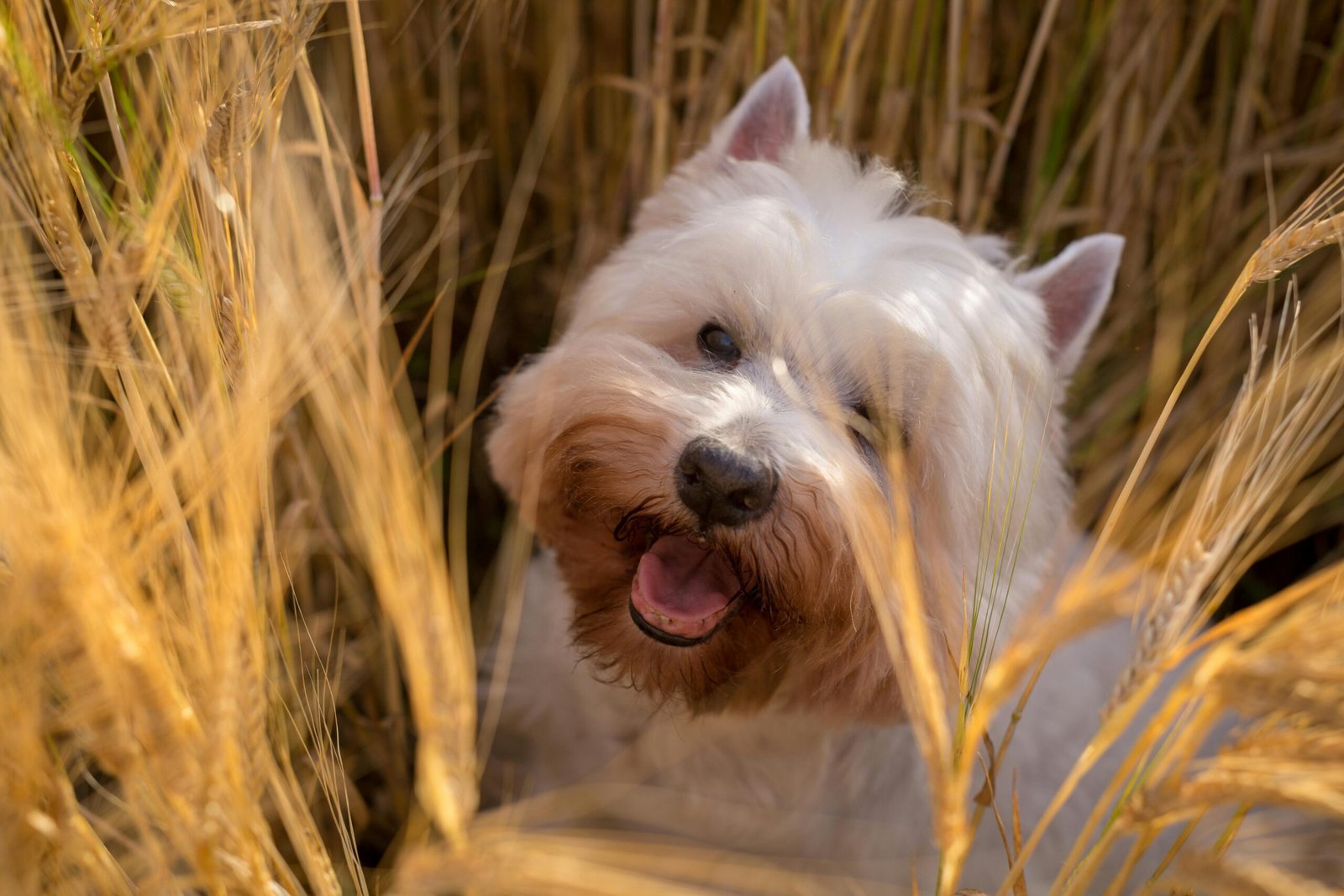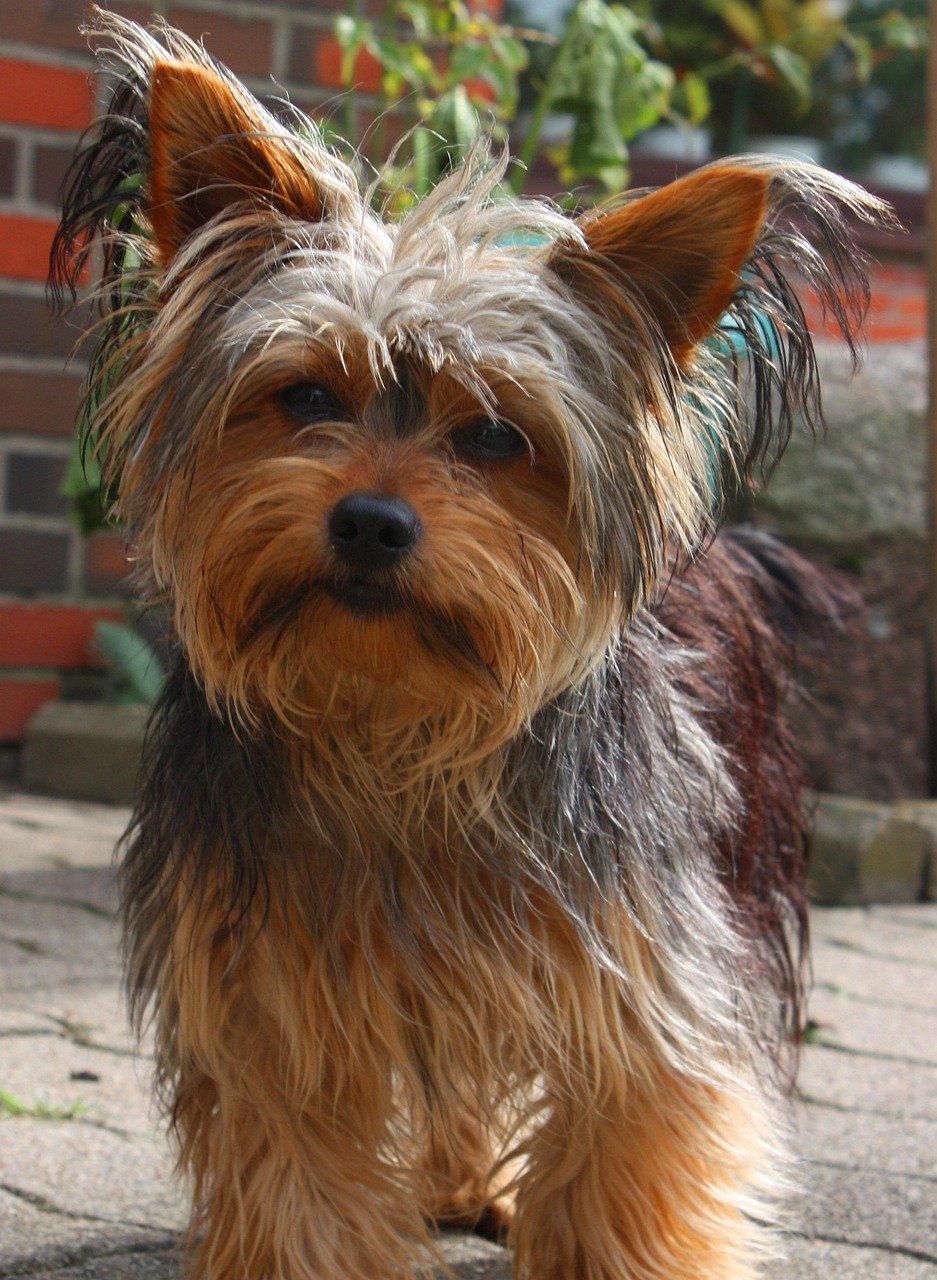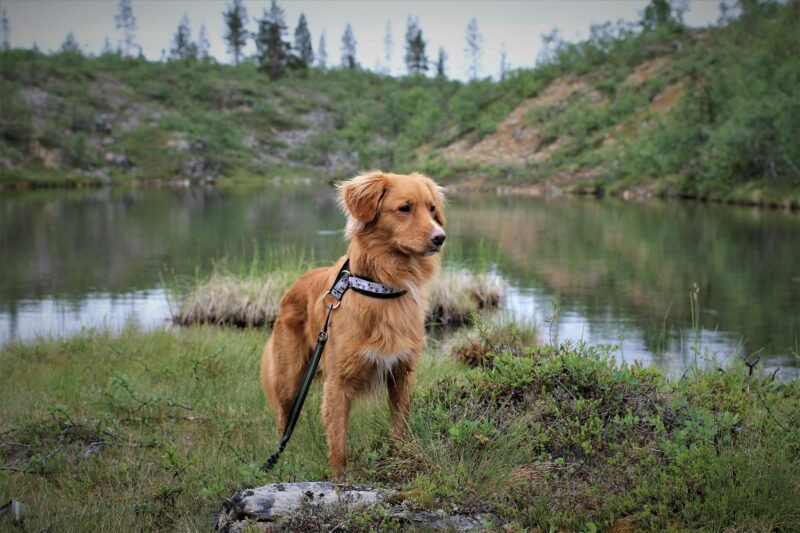Introduction
Scottish dog breeds have a long history of toughness, independence, and charm, and two of the most recognizable are the Scottish Terrier (Scottie) and the West Highland White Terrier (Westie). While they share a common Scottish heritage and terrier tenacity, their personalities, grooming needs, and family suitability differ. If you’re considering one of these iconic small terriers, this detailed comparison will help you decide whether the dignified Scottie or the cheerful Westie is a better fit for your home and lifestyle.
Breed Origins
Scottish Terrier: The Scottish Terrier dates back to the 1700s in Scotland, bred to hunt foxes, badgers, and vermin. Their short legs allowed them to pursue prey into dens, while their strong jaws made them formidable hunters. With their bold personalities and distinctive looks, Scotties became popular companions among politicians and celebrities — President Franklin D. Roosevelt’s beloved dog Fala is one of the most famous Scotties in history.
West Highland White Terrier: The Westie also hails from Scotland, originally bred to hunt vermin and small game on farms. Their signature white coats made them easy to spot in the fields, reducing the chance of accidents during hunts. Unlike the Scottie, Westies developed a reputation as friendlier and more outgoing companions, leading to their rise as family pets across the world.
Appearance and Size
- Scottish Terrier: Compact and sturdy, weighing 18–22 lbs and standing about 10 inches tall. Scotties are instantly recognizable by their wiry coats, long beards, erect ears, and dignified, almost aristocratic expression. They typically come in black, brindle, or wheaten.
- West Highland White Terrier: Slightly lighter, weighing 15–20 lbs and standing 10–11 inches tall. Westies are distinguished by their bright white double coats, perky ears, and round dark eyes that give them a cheerful, alert look.
Temperament and Personality
Though both breeds are terriers with independent streaks, their personalities contrast sharply:
- Scottish Terrier: Known for their dignified, serious, and sometimes aloof temperament. Scotties are loyal and protective but can be reserved with strangers. They often form strong bonds with one family member and may act as natural watchdogs. Their independence makes them less outwardly affectionate than some breeds.
- West Highland White Terrier: Cheerful, friendly, and social. Westies are outgoing and affectionate with families and tend to be more tolerant of strangers and children than Scotties. While they still retain their terrier confidence, Westies are often described as having a sunnier disposition.
Exercise and Energy Levels
Both breeds are active for their size, but their energy needs differ:
- Scottish Terrier: Moderate energy level. A daily 30–45 minute walk plus playtime usually satisfies them. While they enjoy exercise, they are also content to relax at home. Scotties can be stubborn on leash, particularly if they catch an interesting scent.
- West Highland White Terrier: Higher energy compared to Scotties. Westies need 45–60 minutes of activity daily, including walks, play, and interactive toys. They are more playful and enjoy participating in family activities, making them well-suited for active households.
Training and Intelligence
Both breeds are intelligent but display typical terrier stubbornness:
- Scottish Terrier: Independent thinkers who may resist commands if not motivated. They respond best to firm, consistent, and positive training. Patience is key — Scotties prefer to do things on their own terms.
- West Highland White Terrier: More eager to please than Scotties, though still strong-willed. Westies respond well to reward-based training and are often easier for first-time terrier owners to manage.
Grooming and Maintenance
Grooming is a significant difference between these breeds:
- Scottish Terrier: High grooming needs. Their dense, wiry coats require regular brushing and professional hand-stripping or clipping to maintain texture. Their iconic beards and furnishings also need frequent cleaning and maintenance.
- West Highland White Terrier: Moderate grooming needs. Their white coats need brushing several times a week to prevent matting, and they often require professional grooming every few months. However, their grooming demands are less intense than Scotties.
Health Considerations
- Scottish Terrier: Lifespan of 11–13 years. Common health issues include Scottie cramp (a movement disorder), Von Willebrand’s disease, and bladder cancer. Responsible breeding and regular vet checkups help reduce risks.
- West Highland White Terrier: Lifespan of 12–15 years. Prone to skin allergies and atopic dermatitis, as well as luxating patella and hip dysplasia. They are generally hardy but need careful skin care management.
Family Compatibility
- Scottish Terrier: Best for experienced owners who appreciate an independent, loyal, and protective dog. They may not tolerate rough handling from small children and do best in calm, adult households or families with older kids.
- West Highland White Terrier: Excellent family companions. Westies are playful, affectionate, and usually get along well with children and other pets when socialized early. They adapt well to both apartments and houses with yards.
Lifestyle Suitability
When choosing between these two Scottish terriers, consider your lifestyle:
- If you prefer a dignified, loyal companion with strong protective instincts and don’t mind extra grooming, the Scottish Terrier may be the right fit.
- If you want a cheerful, outgoing dog that blends easily into family life and requires less demanding grooming, the West Highland White Terrier is likely the better choice.
Conclusion
The Scottish Terrier and West Highland White Terrier share Scottish roots and terrier toughness, but they offer very different experiences as companions. Scotties bring loyalty, dignity, and independence, appealing to owners who value a dog with strong character. Westies offer friendliness, adaptability, and playful energy, making them a favorite among families. Whether you choose the stately Scottie or the charming Westie, you’ll gain a small but mighty dog with a big personality and plenty of Scottish spirit.



